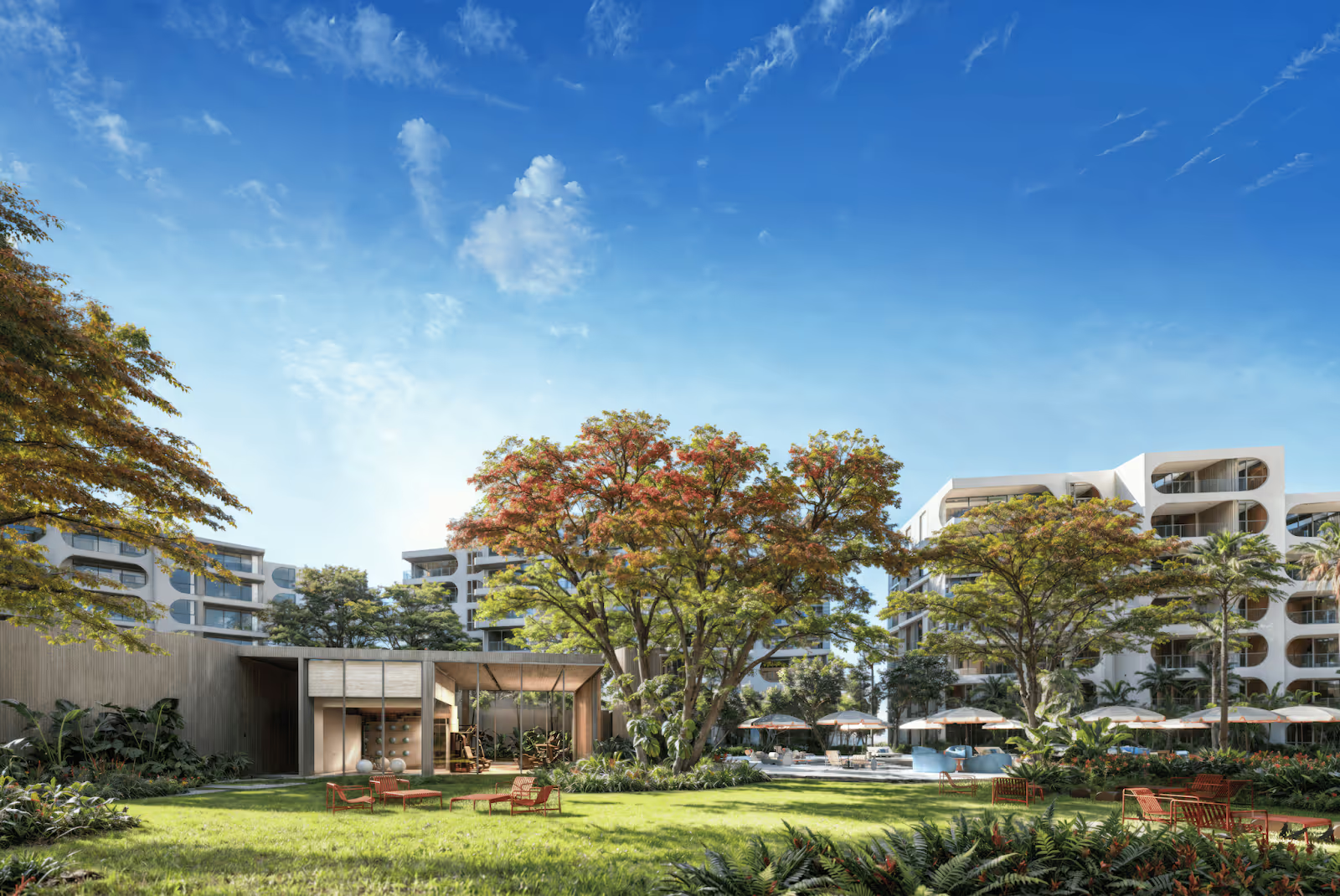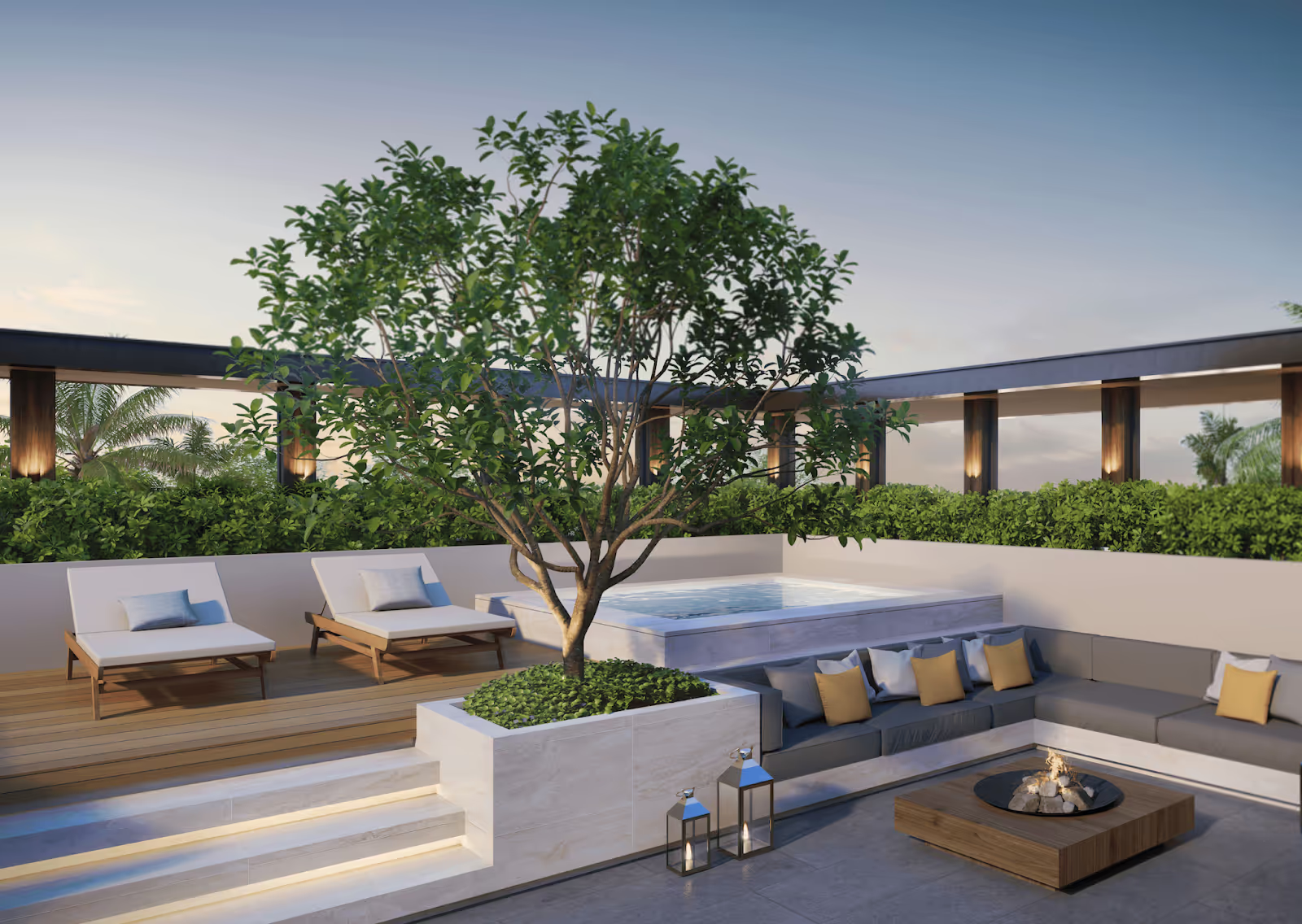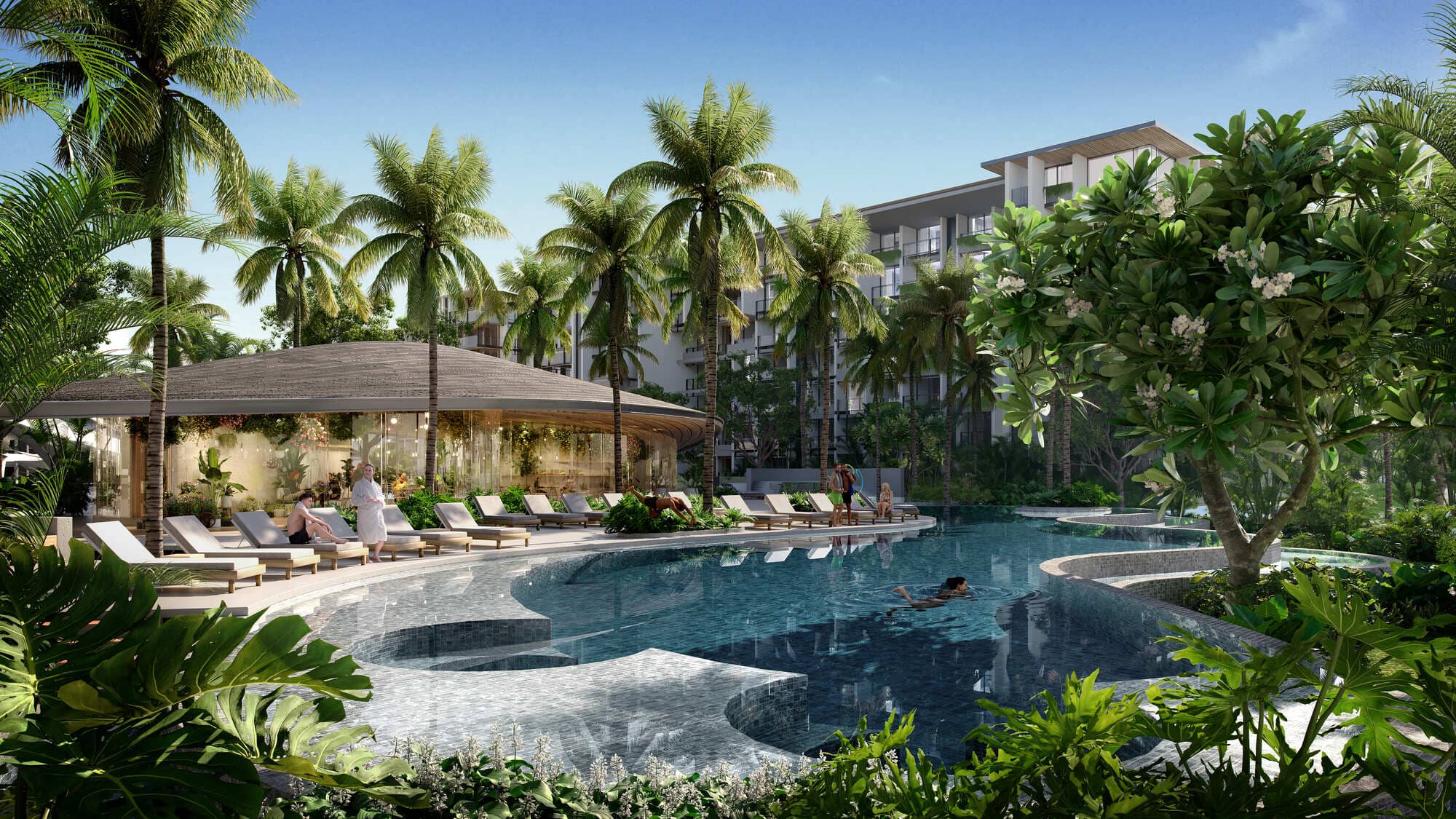Today, we’re exploring the key investment strategies for rental property in Thailand. The strategy you choose directly affects your potential rental income, especially in Phuket. Within the same budget range, returns can vary from 5% to 13% annually. We’ll show you which types of properties work best for each strategy.
Currently, we identify two main types of rental property investment projects in Thailand:
- Short-term apartment rentals – most commonly, these are hotel-managed projects with a dedicated hotel license allowing legal daily rentals.
- Long-term rentals – these are properties without a hotel license, where rentals are allowed for one month or longer.
Short-Term Rental in Thailand
In Thailand’s short-term rental market, developers typically offer two main investment models tailored to property buyers: guaranteed return programs and rental pool schemes. Each comes with its own structure, level of involvement, and expected returns. Below, we break down how each model works and what type of investor it suits best.
Guaranteed Income Strategy
With this strategy, the property owner receives a fixed annual return based on the purchase price of the apartment. These guaranteed return programs are typically time-limited, running for about 3 to 5 years. Annual yields generally range from 5% to 10%, depending on the project.
The key advantage of this model is predictability — the owner knows exactly how much income the property will generate each year, regardless of occupancy rates or market fluctuations.
Rental Pool Strategy
In this model, the property management company groups all units into rental pools based on factors like view, size, number of bedrooms, and other unique features. These pools are rented out on a short-term basis, typically as part of a hotel-style operation.
Rental income is then evenly distributed among all owners within the same pool, based on their unit’s value or size — regardless of whether their specific apartment was rented out or not. This creates a more balanced and passive income stream, especially in high-occupancy tourist areas like Phuket.
There are two ways to distribute income:
- Net revenue sharing (after expenses) — All operational costs, management fees, maintenance expenses, and other related costs are deducted from the total rental income. The remaining net profit is then split between the property owner and the hotel operator according to a pre-agreed percentage.
- Gross revenue sharing (before expenses) — the total rental income is divided between the owner and the hotel before any expenses are deducted. In this case, the operator covers all operating and maintenance costs.
Revenue splits can vary depending on the project. Common structures include 70/30 or 60/40, where the owner receives 70% or 60% of the rental income, and the hotel operator takes the rest. Other custom arrangements are also possible.
Rental pool agreements typically have no fixed term. Potential ROI in Thailand for this model generally ranges between 5% and 12% annually, depending on location, occupancy rates, and property type.

Long-Term Rental in Thailand
There are two main approaches to long-term rentals in Thailand: a full-year lease and seasonal renting during the high season.
Annual Lease
This strategy involves either managing the property yourself or hiring a property management company to secure a long-term tenant. You sign a 12-month lease agreement and receive a fixed monthly rental income. The key advantage of this approach is stable, predictable cash flow throughout the year, regardless of seasonality — making it particularly attractive for properties in Phuket. On average, this model can yield up to 12% annual ROI, depending on the property’s purchase price, project amenities, and location.
High-Season Rental
This approach also involves finding tenants on your own or through a property management company — but only for the peak tourist season. During this period, rental rates can increase by 2 to 3 times compared to standard annual leases. The goal with this strategy is simple: maximize income during the high season to match (or even exceed) what a typical long-term rental would generate over the course of a year. While exceptions exist, they tend to be case-specific and depend on the property’s type, quality, and timing.

Which Strategy Brings Higher Rental Returns in Phuket?
Let's compare the investment metrics for each scenario within the context of similar budgets and a range of projects in Phuket.
Short-Term Rental
We’ve selected projects that offer short-term rental options and are priced under $150 000:
- Vega Condominium,
- Enigma Residence,
- The Zero Bang Tao,
- The One Naiharn,
- Vip Karon,
- Wekata 3.
Average ROI for Short-Term Rentals in Thailand:
- Guaranteed income strategy — 7%, approximately $10 500 per year.
- Rental Pool strategy — 7,6%, approximately $11 400 per year.
Long-Term Rental
Long-term rental projects under $150 000:
- So Origin Lagoon,
- The Title Serenity Naiyang,
- Siamese Bangtao,
- Sun Hills,
- The Base Chenrgtalay,
- The Element Condo.
Average Annual Rental ROI in Thailand:
- Annual lease strategy — 6,8%, approximately 10 200 $ annually.
- High-season rental strategy — 5,3%, approximately 7 950 $ annually.
Comparison of rental strategies for properties under $150 000:
Which Strategy Works Best?
Each rental strategy offers a different balance of return, flexibility, and involvement. The best choice depends on your investment goals and how you intend to use the property.
Rental pool — this model can offer the highest potential returns, but it comes with some risks. Income depends on hotel occupancy and overall demand, which can fluctuate. You’ll also have limited access to your unit, as it operates like part of a hotel.
Guaranteed income — stable and predictable strategy with fixed returns, though the yield is slightly lower compared to the rental pool model. This strategy also comes with restrictions on using the apartment for personal stays.
Annual lease — similar to the guaranteed income model, but with one key difference: you receive rental payments monthly, not once a year. You can’t live in the apartment while it’s leased, except during short gaps between tenants.
High-season rental — this strategy typically offers lower overall returns, but gives you maximum flexibility. You can live in your apartment for up to 9 months a year and rent it out only during the peak season, when rates are significantly higher.
The final decision is yours. Our role is to provide clear, data-driven guidance to help you make the smartest investment in Thailand’s real estate based on your goals, budget, and lifestyle.


.svg)



.jpg)
.jpg)

